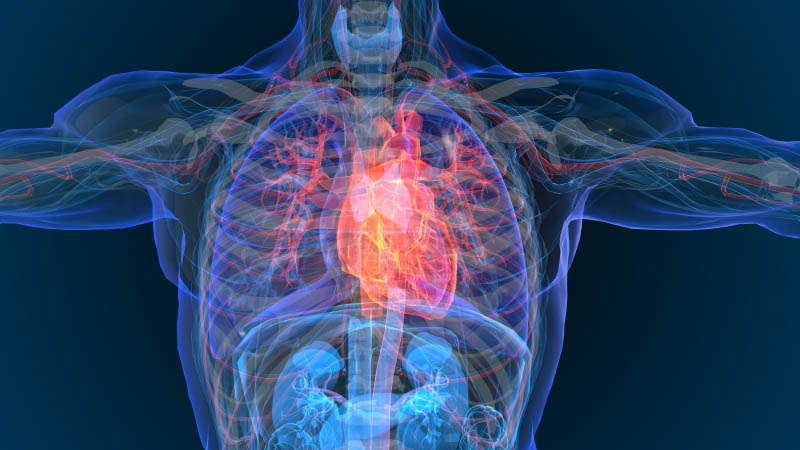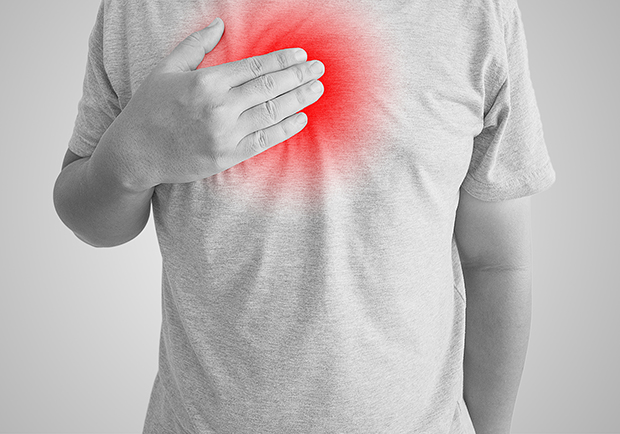3 Tips from a Cardiologist on Preventing Heart Disease
A cardiologist weighs in on what you can do to reduce your risk of heart disease.

Heart disease (or cardiovascular disease) is one of the leading causes of death worldwide and has been for decades. Every year, about 659,000 people die from cardiovascular disease.
Too often people look to “cure” heart disease. They spend time and money chasing unproven and unsafe alternatives to proven therapies and lifestyle changes.
The hard news is that there’s no quick fix or cure for the disease. However, it’s preventable with early intervention and a healthier lifestyle.
As a cardiologist, I get asked daily, “What can I be doing today to help my heart?”
Here are my three recommendations of what you can start doing today to reduce your risk of heart disease and start living a healthier, more fulfilling life.
1) Go see your healthcare provider.
Many risk factors for heart disease can be reduced, which can make a big impact on your health. Talking with your healthcare provider about your current health state and concerns regarding your heart will help you take a proactive approach to your health.
During your appointment, your healthcare provider will review your blood pressure and cholesterol levels to ensure they are in the correct range. These two levels greatly impact your risk of heart disease. If necessary, your healthcare provider may refer you to specialists for additional care.
If you’re prescribed medicines, it’s important to take them as directed. Taking your prescribed medications as directed is a proven and safe method of reducing your risk of cardiovascular disease or slowing its progression.
While you’re on the medicines, reach out to your healthcare provider with questions. Don’t downplay symptoms that you may be experiencing, so they can help you get to the bottom of the issues.
2) Get Moving.
Dedicated, daily physical activity has been proven to reduce your risk of heart attacks and strokes. And, unless you’re a personal trainer or professional athlete, “being busy” at work doesn’t count.
It’s important that you do your daily activity outside of the confines of work. The good news is that just 30 minutes a day of any physical activity (like yard work or housework) counts.
Remember, you don’t need fancy gym equipment or an expensive gym membership to get your heart pumping. Put that phone down and get going.
3) Change how you eat.
For years now, the Mediterranean Diet has been recommended for keeping your heart healthy—and for good reasons. I hate to use the dreaded four-letter word – Diet—because it’s not really a diet like many of the fad diets that are out there today. In fact, the Mediterranean Diet is sustainable, inexpensive, and even kid-friendly.
The main difference between a typical American diet and the Mediterranean Diet is the consumption of “red meats and sweets.” As your body digests and breaks down red meat (beef, deer, elk, venison, pork) and processed sugars, the bacteria in your gut produces chemicals that increase the potential deposits of harmful plaque (atherosclerosis) in the arteries. This can lead to heart attacks and stroke.
Simply research Mediterranean Diet on the Internet, and you’ll find plenty of information on how to change the food you put in your body. You can also talk to your healthcare provider for more information.
By taking the right measures now, you can reduce your risk of cardiovascular disease.
Members looking for a healthcare provider specializing in cardiovascular disease can visit Find a Provider and schedule an appointment to learn more about heart health.




